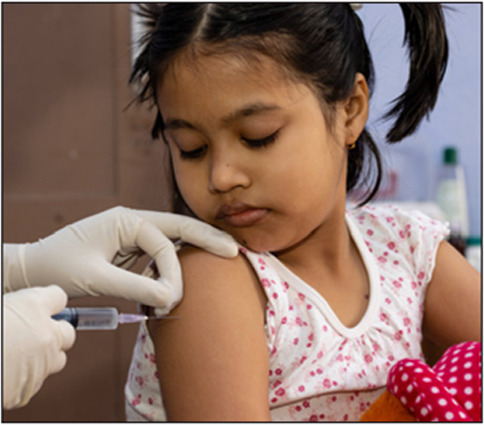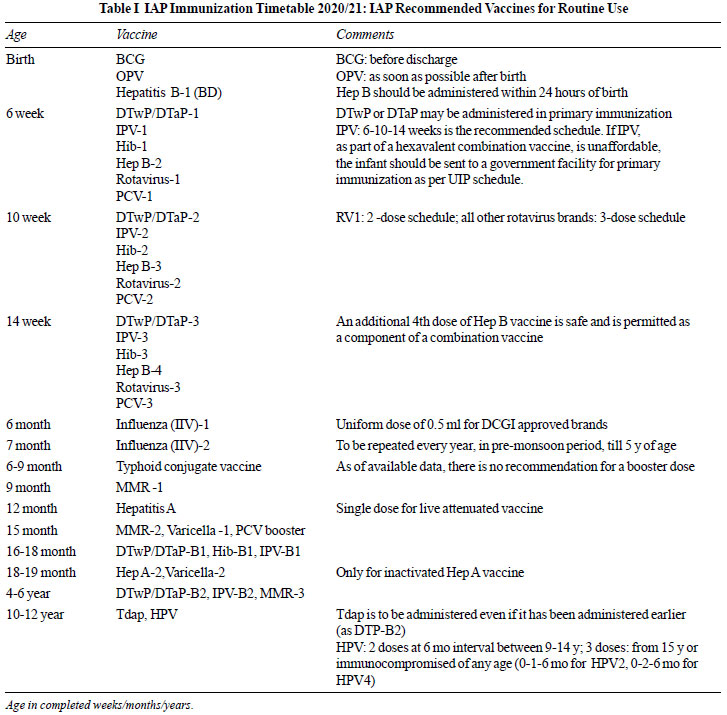Vaccination
Vaccination, often referred to as immunization, is a cornerstone of pediatric healthcare and plays a crucial role in preventing many infections that once led to severe illness, disability, or death in children. Hospitals, along with clinics and other healthcare facilities, are pivotal in the delivery and administration of vaccines to children. Here's an overview:
1. Importance of Vaccination:
- Vaccines protect children from a range of serious and potentially fatal diseases, including measles, polio, tetanus, diphtheria, and pertussis (whooping cough).
- By immunizing children, we not only protect the vaccinated individual but also contribute to community immunity, making it harder for the disease to spread.
- Immunization can also reduce the economic burden of diseases, as treating these illnesses can be expensive and lengthy.
2. Hospital's Role in Vaccination:
- Newborn Vaccination: Immediately after birth, hospitals administer the first dose of the hepatitis B vaccine to newborns.
- Emergency Vaccination: Children admitted to hospitals for certain conditions may receive vaccines or immunoglobulin treatments, especially if they're at risk for specific infections.
- Routine Immunizations: Though primary care clinics often handle most vaccinations, some children may receive routine vaccinations during hospital stays or visits.
- Specialized Vaccines: Hospitals might provide vaccines that are less commonly required or those needed due to specific medical conditions.
3. Safety Protocols:
- Hospitals adhere to strict safety protocols when storing and administering vaccines.
- All vaccines undergo rigorous testing for safety and efficacy before they're approved for use and are continually monitored for any adverse effects.
- Hospitals maintain a cold chain to ensure vaccines are stored at recommended temperatures, retaining their effectiveness.
4. Educating Parents:
- Hospitals play a crucial role in educating parents about the importance, safety, and benefits of vaccines.
- Pediatricians and nurses in hospitals often address parental concerns and vaccine hesitancy, providing evidence-based information and resources.
5. Record Keeping:
- Hospitals maintain accurate and up-to-date immunization records, which are essential for tracking a child's vaccine schedule.
- This documentation helps ensure children receive vaccines at the right ages and intervals.
6. Coordinating with Public Health:
- Hospitals often collaborate with public health departments, especially during immunization campaigns or in the event of disease outbreaks.
- This coordination helps in reaching larger populations and ensuring community immunity.
In conclusion, vaccination is a critical public health tool, and hospitals play a fundamental role in its administration, especially in the early days of a child's life. Ensuring timely and comprehensive immunization can set the foundation for a healthier future, free from the devastating effects of many preventable diseases.


